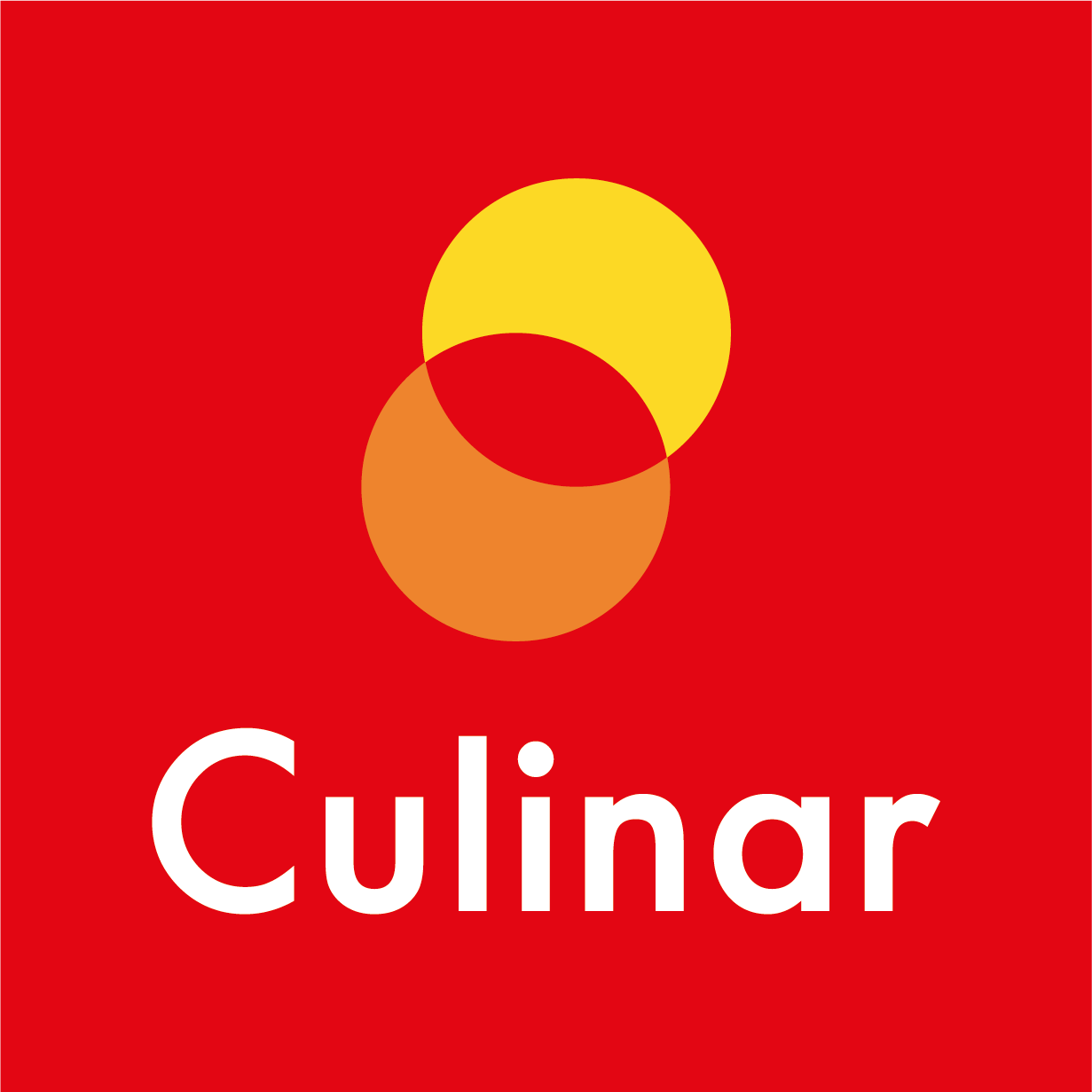
Culinar
Culinar targets the needs of the future
By collaborating closely with our suppliers and carrying out continuous and long-term proactive development work, we can offer solutions that give our customers the opportunity to launch more sustainable options. Culinar develops and supplies batch-customized, customer-unique products that also help reduce waste in the value chain and thus contribute to better use of resources.
THE GREEN PROTEIN TRANSITION
During the year, we have expanded our investment in a Vinnova-financed project aiming to investigate the possibilities of sustainable concentration of pea protein. Traditional methods involve the use of chemicals and large quantities of energy. In the current Vinnova project, we are developing a method for physically reprocessing the protein as efficiently as possible. Development work continues, and we have already been able to demonstrate prototypes in a range of contexts based on the developed pea protein.
IMPROVING RESOURCE EFFICIENCY
The events of the last year have increased cost consciousness amongst consumers and also contributed to resource optimization in every level of the industry. One consequence of this is an increased interest in products that make best possible use of the entire raw material, and which facilitate good, resource-efficient products. Recently, Culinar has worked to proactively develop exciting new concepts for sausages, as the sausage is a way of working with meat products that is both cost and resource-efficient. The range also includes concepts for plant-based sausages.
OTHER COLLABORATIVE PROJECTS IN THE INDUSTRY
During the year we have also continued our commitment to the cross-industry collaboration within ReduSalt, which aims to reduce the salt content of products while maintaining flavor and function. We are also involved in FINEST (Food Innovation Enabling Sustainable Transmission) and PAN (Plant Based Proteins for Health and Wellbeing), which are two cross-industry research centers financed by Formas. The aim is to make it possible for the Swedish food industry and Swedish primary production to be able to take a leading role in a sustainable transition. Our biggest commitment is to FINEST, which works to apply a system perspective to the sustainable transition, and where, for instance, the use of legumes plays an important part.
Via our representation on the Swedish Food Federation’s nutrition council and in the R&D reference group together with a number of other projects and networks, we are also committed in several ways to working with other actors in the Swedish food industry to contribute to better public health and sustainable production of food.


